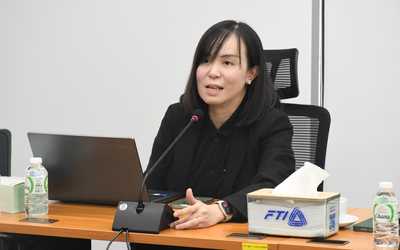Floods and Farmers: Evidence from the Field in Thailand
Abstract
This paper studies the impacts of the 2011 flood on preferences, subjective expectations, and behavioral choices among Thai rice-farming households. Our results show that experiencing the 2011 flood made farming households more risk averse, more impatient, and more altruistic, and that asset-poor farming households were more likely to be affected by the flood than better-off households. The flood also made households adjust upward their subjective expectations of future severe floods. After being hit by the 2011 flood, households lost their confidence in social safety nets, signifying the limitations of risk-sharing in the presence of covariate shocks. Middle-income households who were not prone to floods had higher expectations of public insurance following the flood. Mediating through the changes of preferences and subjective expectations, the flooded households were less likely to save money and engage in self-insurance mechanisms, as well as to invest in productive investments, but more likely to take out commercial crop insurance, especially those in the bottom and middle wealth groups. These findings shed light on the design of incentivecompatible safety nets and development interventions.










